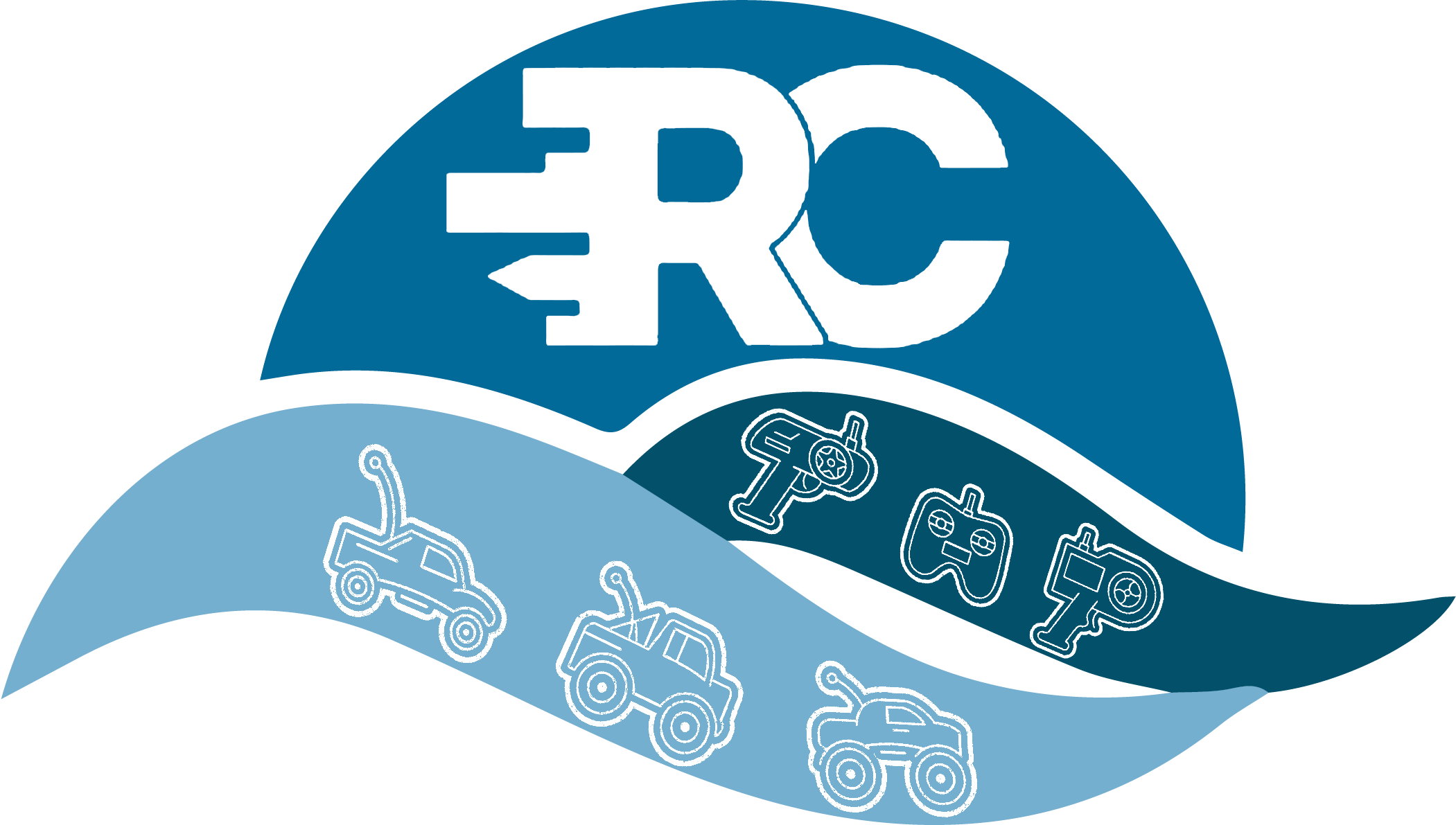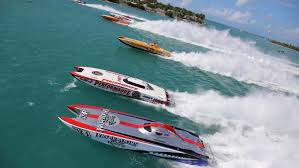Hello everyone! If you are interested in Scale RC boats, then this article is for you. Actually, my sister is crazy about boats especially Scale RC boats. You can say she collects them for fun, more like a hobby. So, because of her here I am, I have seen a hell lot of Scale RC boats and today I’ll share all of my experience with you all. In this article you will find out that the world has gone too far in technology.
Table of Contents
Introduction
Remote-controlled (RC) hobbies span a wide array of vehicles, but one of the most fascinating and enduring facets is scale RC boats. These miniature boats are meticulously designed to replicate full-sized vessels, often down to the smallest detail, offering enthusiasts a unique combination of craftsmanship, engineering, and the thrill of operating them on the water.

Scale RC boats offer something for every kind of hobbyist, whether you’re a naval history buff, a fan of modern yachts, or someone who enjoys crafting and operating complex mechanical systems. From warships and tugboats to luxury yachts and sailboats, the world of scale RC boats is as varied as it is engaging.
In this article, we’ll explore the captivating world of scale RC boat models, discussing the different types, what makes them unique, the craftsmanship involved, and how to choose the best model for your interests and skill level. Whether you’re a seasoned enthusiast or a beginner looking to dive into the hobby, this guide will provide you with valuable insights.
What Are Scale RC Boats?
Scale RC boats are radio-controlled models designed to mimic the appearance and operation of real-world vessels. The “scale” refers to the proportion of the model to the full-size version. For example, a boat with a 1:10 scale is one-tenth the size of the real thing.

These boats are often prized for their attention to detail, with many models replicating real vessels with exacting precision. Scale RC boats can range from simple designs for beginners to highly complex models for advanced builders and operators.
Why Choose Scale RC Boats?
There are many reasons why scale RC boats are a popular choice for hobbyists:
- Attention to Detail: The intricate detailing found on scale RC boats makes them highly rewarding for model builders who enjoy replicating real-world objects. This hobby combines craftsmanship with technical know-how, offering a fulfilling creative outlet.
- Historical Significance: Many scale RC boats are based on historical vessels, such as warships or famous sailboats. Building and operating these models provides a connection to naval history and maritime engineering.
- Variety of Vessels: From classic sailboats to modern speedboats and warships, the variety of scale RC boats ensures there’s something to suit every interest. You can choose models that reflect your personal tastes, whether that be naval vessels, luxury yachts, or working boats like tugboats and trawlers.
- Skill Development: Crafting and operating scale RC boats require a range of skills, from woodworking and painting to electronics and mechanics. As a hobbyist, you’ll have the chance to learn new skills and challenge yourself with progressively more advanced models.
- Community and Events: The RC boat hobby has a strong community, with enthusiasts often gathering at events or clubs to show off their models, share tips, and race their boats. This social aspect makes the hobby even more enjoyable.
Types of Scale RC Boats
Scale RC boats come in many shapes and sizes, each offering a unique experience. Let’s dive into the different types of boats you’ll find in the scale RC world:
1. Sailboats

Scale RC sailboats are among the most popular types of boats in the RC world, replicating real-world sailing yachts or racing sailboats. These models typically rely on the wind to propel them, which makes them unique compared to motor-powered models. Controlling an RC sailboat requires an understanding of wind patterns and sail management, making it a rewarding challenge for enthusiasts.
Notable Features:
- Operated by adjusting the sails and rudder.
- Require minimal power, relying mostly on wind.
- Ideal for hobbyists interested in the mechanics of sailing.
2. Warships

Warships, especially scale RC models of battleships, destroyers, and aircraft carriers, are a popular subgenre of RC boating. These boats are often equipped with impressive detailing, such as rotating turrets, radar systems, and even functional lights or sound effects to mimic the real thing.
Notable Features:
- Designed with historical accuracy in mind.
- Often include functional turrets, guns, or other combat-related features.
- Can be large and require complex assembly and maintenance.
3. Tugboats and Workboats

These models are designed to replicate the workhorses of the maritime world, such as tugboats, fishing trawlers, and cargo ships. Tugboats, in particular, are known for their stability and maneuverability, making them fun to operate in tight spaces or while towing other boats.
Notable Features:
- Typically slow but highly maneuverable.
- Designed with functional features like winches or cranes.
- Often used in competitions to perform realistic tasks, like towing other boats.
4. Speedboats and Powerboats

For enthusiasts seeking speed and thrill, scale RC powerboats and speedboats are the go-to choice. These boats are designed for fast-paced action, often featuring powerful electric or gas engines that can propel them at high speeds across the water.
Notable Features:
- High-speed performance, often reaching 20-30 mph or more.
- Powered by electric motors or gas engines.
- Less focused on detail, more on performance and handling.
5. Luxury Yachts

Luxury yachts in the RC world are typically modeled after real-life yachts, designed to showcase opulence and style on the water. These models are often fitted with realistic features like working lights, deck furniture, and even miniatures of passengers or crew.
Notable Features:
- High level of detailing, often replicating the luxury of real yachts.
- Designed for smooth, elegant sailing rather than speed or maneuverability.
- Typically equipped with electric motors for easy operation.
Building and Operating Scale RC Boats
Building and operating scale RC boats is a multifaceted hobby that combines craftsmanship, engineering, and technical skill. Here are the key aspects of the process:
1. Building the Boat
Many scale RC boats come as kits that require assembly, giving hobbyists the opportunity to build their models from the ground up. Kits can vary in complexity, from simple “ready-to-run” models that require minimal assembly to highly detailed kits that demand months of work.

- Materials: Kits are often made from wood, plastic, or fiberglass. Wooden models are popular for their craftsmanship, while fiberglass is known for its durability and ease of use.
- Tools: Building an RC boat requires various tools, including hobby knives, sandpaper, adhesives, paint, and electronics (motors, servos, etc.). Some advanced kits may also require soldering equipment for the electrical components.
- Customization: One of the most appealing aspects of building a scale RC boat is the ability to customize it. Hobbyists often add their own touches, such as custom paint jobs, additional detailing, or functional features like working lights.
2. Operating the Boat
Operating a scale RC boat requires a basic understanding of radio control systems. RC boats typically use a transmitter to send signals to a receiver inside the boat, which controls the motors, rudders, and other features.
- Radio Systems: Most RC boats use 2.4 GHz radio systems, which provide reliable, interference-free control over distances of up to several hundred meters. For advanced models, multiple channels may be needed to control additional features, like turrets or sails.
- Power Sources: Scale RC boats are powered by either electric motors or gas engines. Electric models are quieter and easier to maintain, while gas-powered models provide more power and are better suited for larger boats.
- Water Conditions: While most RC boats are designed to operate on calm waters, some models are capable of handling rougher conditions. However, it’s important to choose the right environment for your boat to avoid damage or loss of control.

3. Maintenance
Scale RC boats, especially the more complex models, require regular maintenance to ensure optimal performance. Key maintenance tasks include:
- Cleaning: Saltwater and dirt can damage your boat over time, so it’s important to clean it after every outing, especially if you’ve been running it in saltwater.
- Motor and Electronics Care: Regularly check the motor, servos, and battery connections to ensure everything is functioning properly. Keep electronics dry and free from corrosion by using waterproofing methods when necessary.
- Hull Maintenance: Check the hull for any cracks, dents, or warping that could affect the boat’s performance or buoyancy. Wooden boats may need periodic sealing to protect against water damage.
How to Choose the Right Scale RC Boat
With such a wide range of models available, it can be challenging to decide which scale RC boat is right for you. Here are some factors to consider:
1. Skill Level
Beginners may want to start with a simpler, ready-to-run (RTR) model that requires little to no assembly. Advanced hobbyists, on the other hand, might enjoy the challenge of building a detailed kit that involves a lot of customization and intricate work.
2. Boat Type
Consider your interests when selecting a boat. Do you want a fast, thrilling experience with a speedboat? Or are you more interested in the historical accuracy and craftsmanship of building a detailed warship? The type of boat you choose will greatly influence your overall enjoyment of the hobby.

3. Budget
Scale RC boats range in price from affordable entry-level models to expensive, highly detailed kits. It’s important to set a budget before diving into the hobby, as the costs can add up, especially if you plan on customizing your boat or upgrading its electronics.
4. Power Source
Electric models are generally easier to maintain and operate, making them ideal for beginners. Gas-powered boats, while offering more power and longer run times, require more maintenance and technical know-how.
5. Operating Environment
Consider where you’ll be operating your boat. Smaller, electric-powered boats are best suited for calm ponds or pools, while larger, gas-powered models may require larger bodies of water with more open space.
Scale RC Boat Communities and Events

The scale RC boat hobby has a vibrant community, with clubs and events held around the world. Many enthusiasts join local RC boat clubs, where they can share tips, compete in races, or participate in scale model exhibitions.
Some notable events include:
- Scale Model Boat Shows: These exhibitions allow hobbyists to showcase their creations, often with competitions for the most detailed or historically accurate models.
- RC Boat Racing: Many clubs organize races for speedboats, with different categories for electric and gas-powered models.
- Warship Combat: In this unique subgenre of the hobby, enthusiasts build scale warships equipped with air-powered cannons that shoot tiny projectiles. The goal is to sink the opponent’s ship, all while maintaining historical accuracy.

Conclusion
Exploring the world of scale RC boat models opens the door to a rewarding and multifaceted hobby. Whether you’re fascinated by naval history, love the thrill of high-speed watercraft, or enjoy the craftsmanship involved in building a detailed model, there’s a scale RC boat out there for you.
By choosing the right model, honing your building and operating skills, and connecting with the RC boat community, you can enjoy endless hours of creativity and excitement on the water. Whether you’re a beginner or an experienced hobbyist, the world of scale RC boats offers something truly special for every enthusiast. For more information check out my website.




